Truck drivers turned off their engines in protest against deteriorating working conditions, citing issues such as the sale of diesel fuel at three different prices, rising social security premiums, increasing repair costs, and the lack of regulation in spare part prices. Jalal Mousavi, Vice President of the Iranian Truckers Association, stated that drivers were refusing to take on loads in key cities such as Arak, Qazvin, Bandar Abbas, and Ardabil, and even those who accepted loads were unable to proceed due to various obstacles. Mousavi emphasized that while freight rates have remained unchanged, operating costs have risen rapidly, and he called for an update to the diesel fuel quota system.
On the political front, a different perspective on the strikes emerged. Conservative Member of Parliament Javad Nikbin described the strikes as “provocative actions” and claimed that foreign powers could be behind them. Nikbin stated, “It’s as if a hidden hand is pushing the public toward chaos, protests, and mobilization.”
Chain Disruption in the Steel Industry
According to industry sources, the majority of steel producers and consumers in Iran are heavily dependent on road logistics. Therefore, the strike not only caused operational disruptions but also exposed structural weaknesses within the sector. Significant delays were reported in the supply of billets, slabs, scrap metal, and flat products, and these disruptions were said to have affected the entire supply chain.
A sector representative commented on the issue, stating, “This disruption highlights the weakness of resource allocation mechanisms, the instability in transportation infrastructure, and how fragile the steel value chain really is. If the roads stop, steel stops.”
Due to the strike, many steel plants saw their production schedules interrupted, with existing inventories rapidly depleting and delivery delays becoming widespread. This situation created a major logistical bottleneck in the market, resulting in artificial supply constraints and price volatility.
Although some companies attempted to continue their shipments using unofficial and more expensive transportation methods, it is noted that these solutions are not sustainable in the long term.
Industry representatives stress that in order to resolve the crisis, road transportation must be treated as a strategic sector and investments in logistics infrastructure must be increased. In countries like Iran, which are highly dependent on road transport, such strikes are not merely temporary disruptions—they pose a systemic risk to the entire production and supply chain.


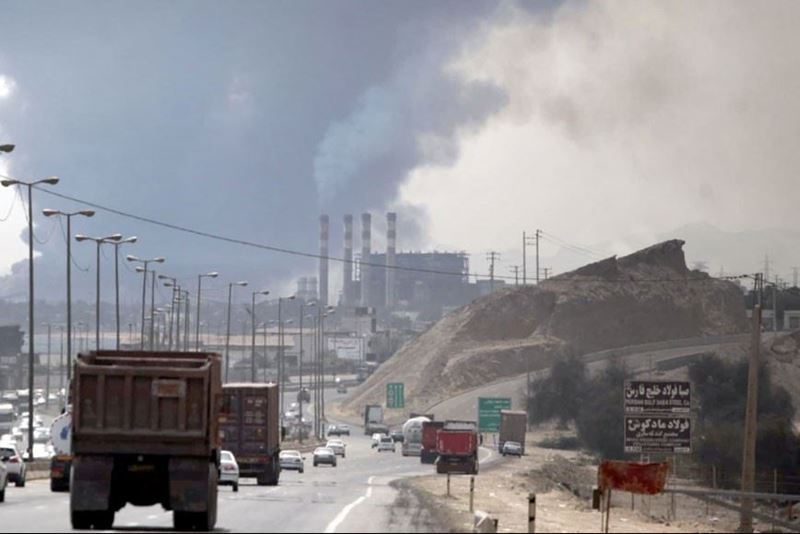

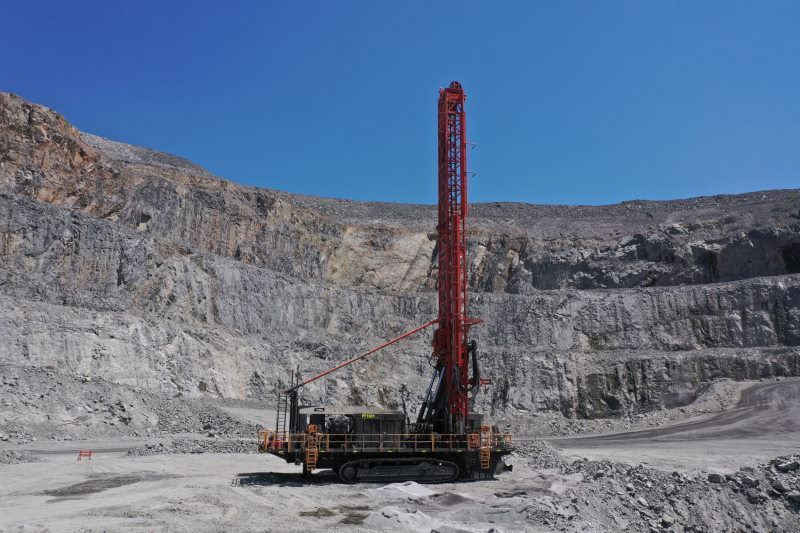
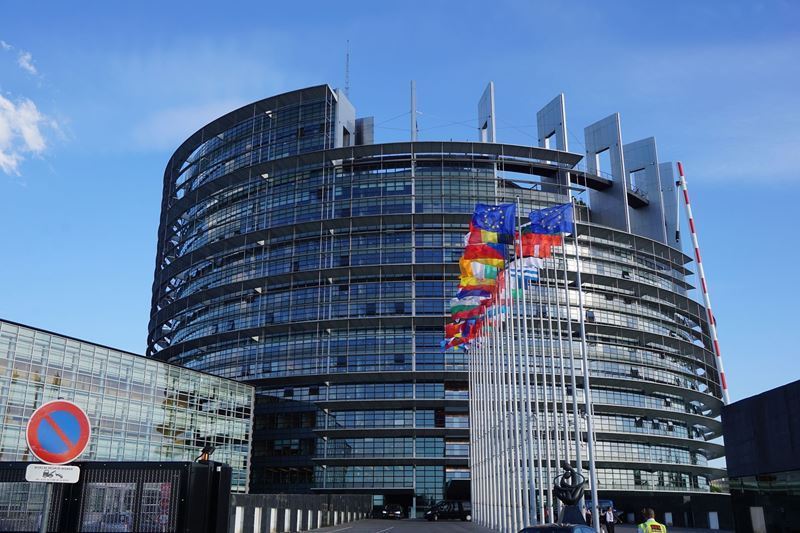
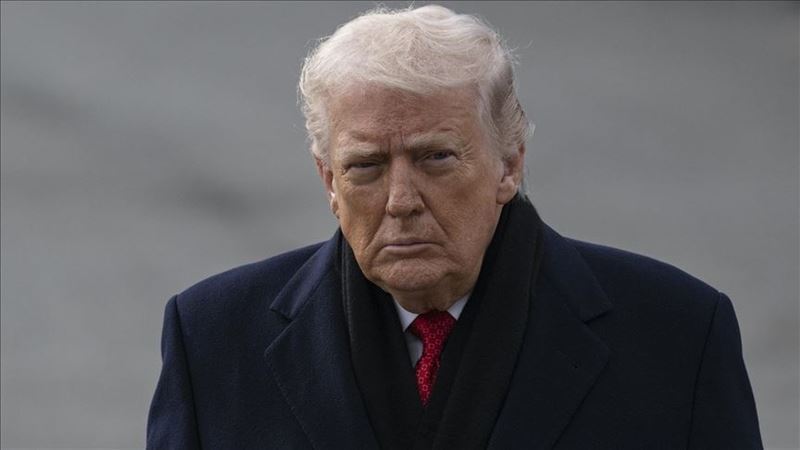
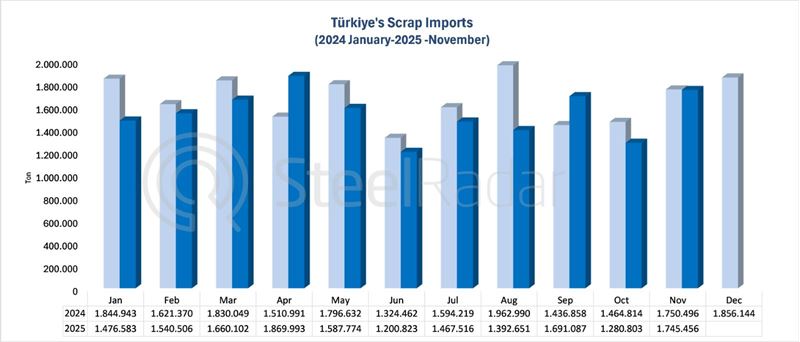


Comments
No comment yet.